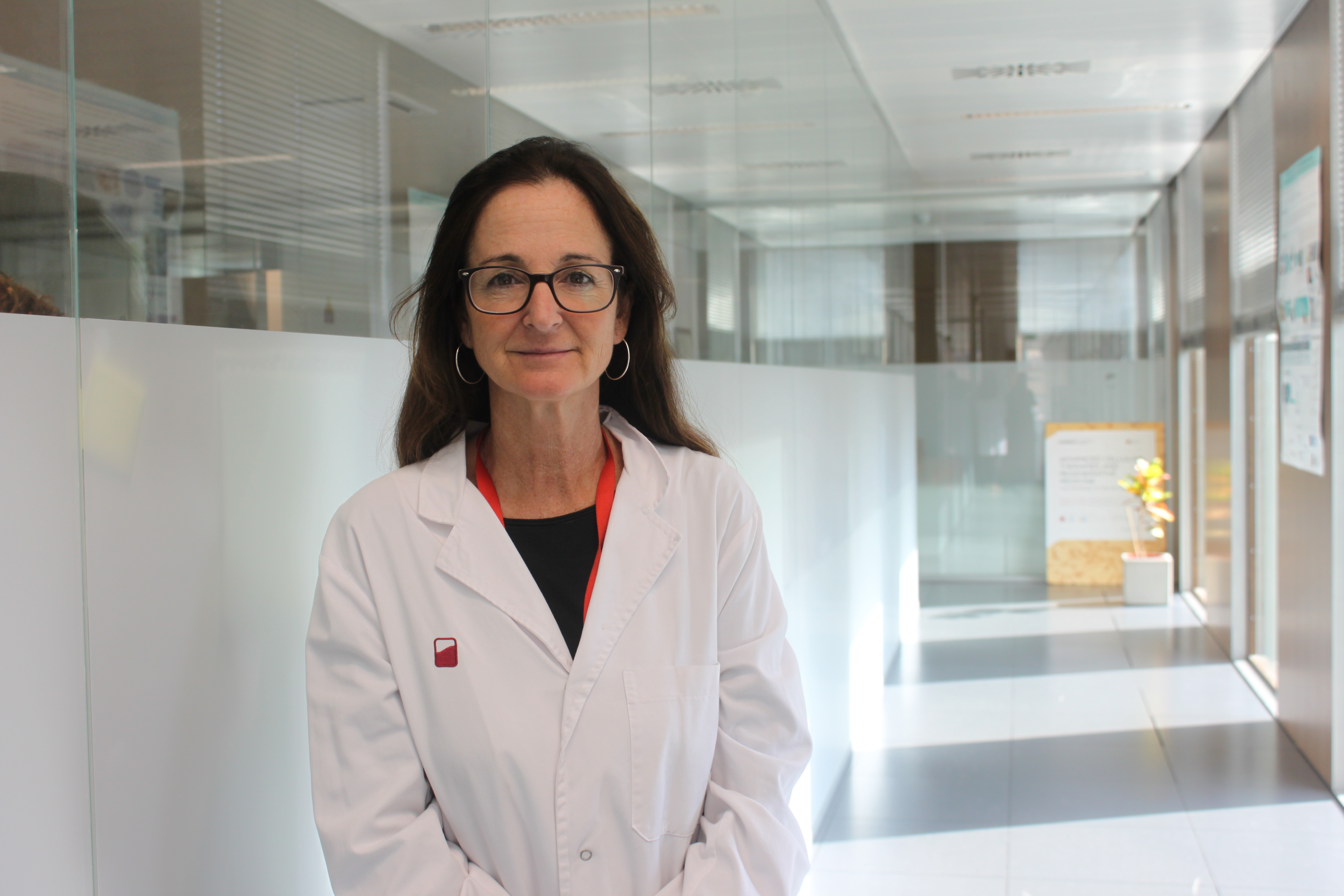
Graduated from Medicine School at Autonomous University in Barcelona (1997) and Certified Transplant Coordinator for the European Transplant Coordinators Association (ETCO) and Transplant Procurement management (TPM) in1999. Executive Master on Leading Health Organizations in ESADE Business School Barcelona 2012-2014; 2016-217. Associate teacher for the University of Barcelona (UB) since 2016.
Organ and tissue Transplant Coordinator in Clinic Hospital from 1997 to 2007. Multi-Tissue Bank Director in Banc de Sang i Teixits, Barcelona from 2007-2015. Since 2015, Organ and tissue vigilance officer in Catalan Transplant Organization (OCATT) and Medical coordinator for Notify Project (World Health Organization) until present.
Education experience: Teacher in more than 70 training activities mainly in organ and tissue donation and transplantation, tissue banking and biovigilance. 20 years director of the International online Tissue Banking Course (UB) and coordinator of the Spanish Biovigilance course on biovigilance for 7 editions.
International Projects participation: Coordinator of the European Quality System for Tissue Banking (EQSTB 2006), SANCO Project and participant in 7 European Projects initiatives. Expert for the “Guide to the Quality and safety of Tissues and cells” for human application since 4th edition.
Scientific publications: 29; Book Chapters:4; Congresses presentations:71
Notify Library: tools available to support biovigilance
Aurora Navarro Cantullera1, Evangelia Petrisli2, Claudia Carella3, Efstratios Chatzixiros4, Douglas M Strong5, Massimo Cardillo3.
1Department of Biovigilance, Catalan Transplant Organization, Barcelona, Spain; 2Microbiology Unit, RCCS Azienda Ospedaliero-Universitaria di Bologna, Bologna, Italy; 3National Transplant Centre, Instituto Superiore di Sanita, Rome, Italy; 4World Health Organization, Geneve, Switzerland; 5Department of Orthopaedics and Sports Medicine, University of Washington School of Medicine, Seattle, WA, United States
Introduction: Organ and tissue transplants contribute in a very important way to save and improve patients’ health but carry inherent risks, although very small, of transmitting a donor disease to the recipient or cause an unexpected harm due to a process deviation. All these situations, which are uncommon, are managed by Biovigilance systems. In 2012 the World Health Organization (WHO) and the Italian National Transplant Centre (CNT) launched the global Notify Library with the main purpose to collect scientific literature related to adverse occurrences supporting the sharing of published vigilance information for educational purposes. (https://www.notifylibrary.org). On 2015, the Catalan Transplant Organization (OCATT) joined the project to support its scientific dissemination. However, since COVID-19 pandemic, in addition to the already known risks and transmissions also new emerging threats worry the transplant community and the project expanded its original project scope.
Methods: The Notify Library is constructed with records with instructive value linked to scientific and commented by international experts for 5 topic-specific editorial groups: infection transmissions, malignancy transmissions, living-donor reactions, process-related incidents, and other clinical complications. In parallel, since 2022 the Notify project accesses into Epidemic Intelligence from Open Sources (EIOS) platform, which is a WHO system that integrates a large number of distributed electronic resources allowing hazard identification through disease outbreaks.
Results: The Notify Library contains 1.848 didactic records quoting 2.742 published references. Analyzing the database content, 44% of records (809/1848) are related to organs (kidney, 338; liver, 248; lung, 75; heart, 53; combined/multivisceral, 26; pancreas, 14; other/unspecified, 55), 16% (301/1848) to hematopoietic progenitor cells and 14% (266/1848) to tissues. Of the 809 organ records, 640 were “Harm to a recipient” (infection transmission, 333;malignancy transmission, 270; immunological complications, 20; non infectious-non malignant transmissions, 13; other, 4), 101 “Harm to donor” and 68 “Risk of harm”. As for the EIOS searching activity, 6.864 articles were captured during the study period from June 1 to November 30, 2022. Specifically, 1,123 articles were MPHO-related (topic related, 27.8%), 836 of which MPHO-safety related (relevant) and 287 MPHO-derived infection transmissions (highly relevant).
Conclusions: Vigilance systems worldwide are working on increasing quality and safety in the donation and transplant activities. The WHO-CNT global Notify Library is the first and only open-access, searchable database of systematically identified reports of disease transmission and other adverse occurrences arising from the donation and transplantation. Last year the EIOS platform was added as a source for the Noitfylibrary to identity new emerging threats that may impact the use of MPHO intended for transplantation.